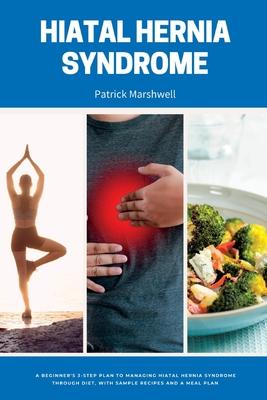The two most common types are sliding and paraesophageal hernias.
While a hiatal hernia itself is not dangerous, it can lead to a condition called gastroesophageal reflux disease (GERD), which can cause symptoms like heartburn, chest pain, and difficulty swallowing. In some cases, it can also lead to more serious problems like ulcers or Barrett's esophagus.
According to the American College of Gastroenterology, hiatal hernia syndrome is one of the most common conditions that gastroenterologists treat. The good news is that there are a number of treatment options available to help manage symptoms and prevent complications.
Some of these treatments may include lifestyle changes, such as making dietary or exercise modifications, or medications like anti-reflux medications or pain relievers. There may also be surgical options, such as laparoscopic surgery or a procedure called the Nissen fundoplication.
- All about hiatal hernia
- Causes and risk factors of this condition
- How it's diagnosed and treated
- Ways to manage hiatal hernia
- Hiatal hernia diet plan
